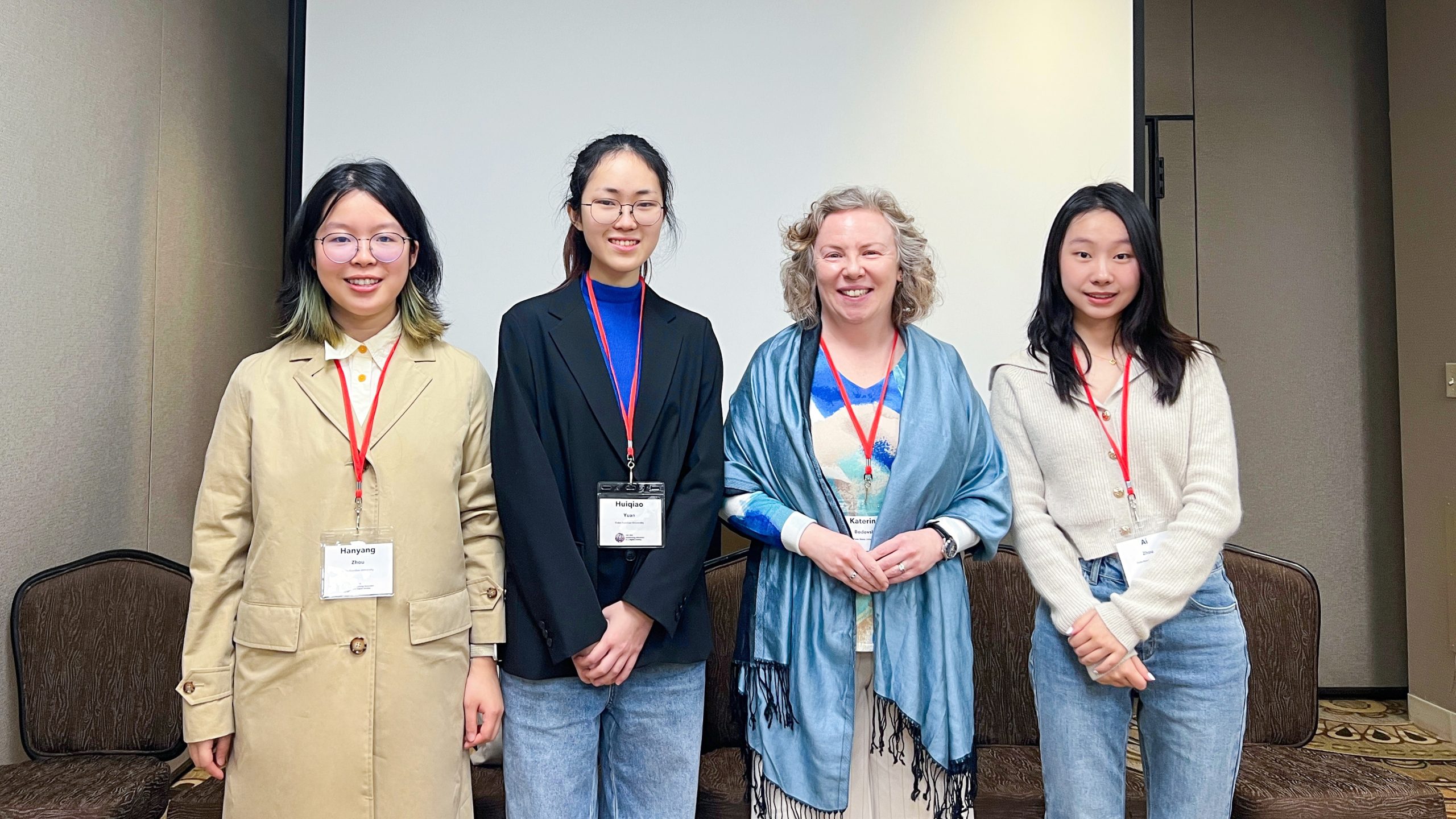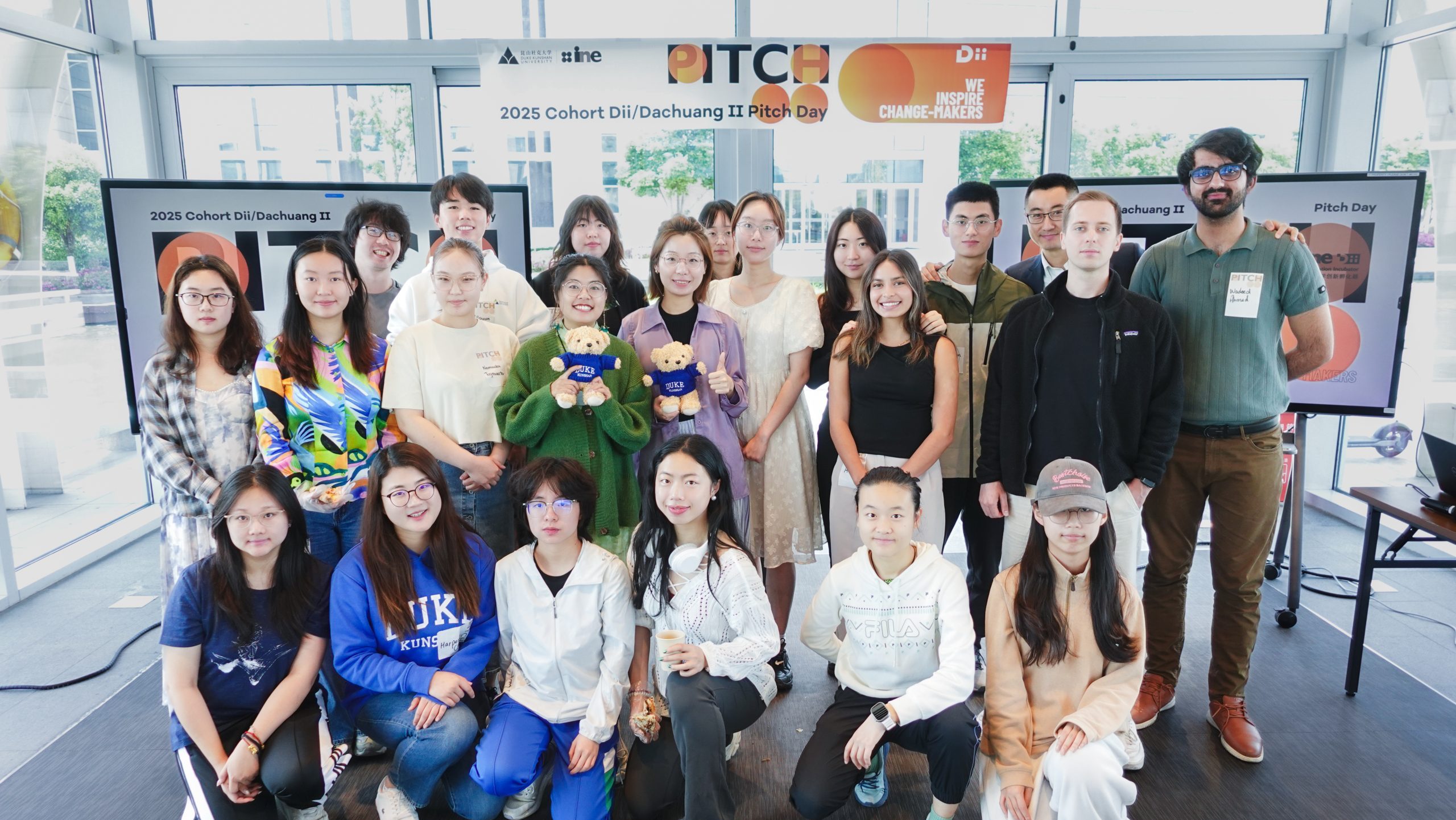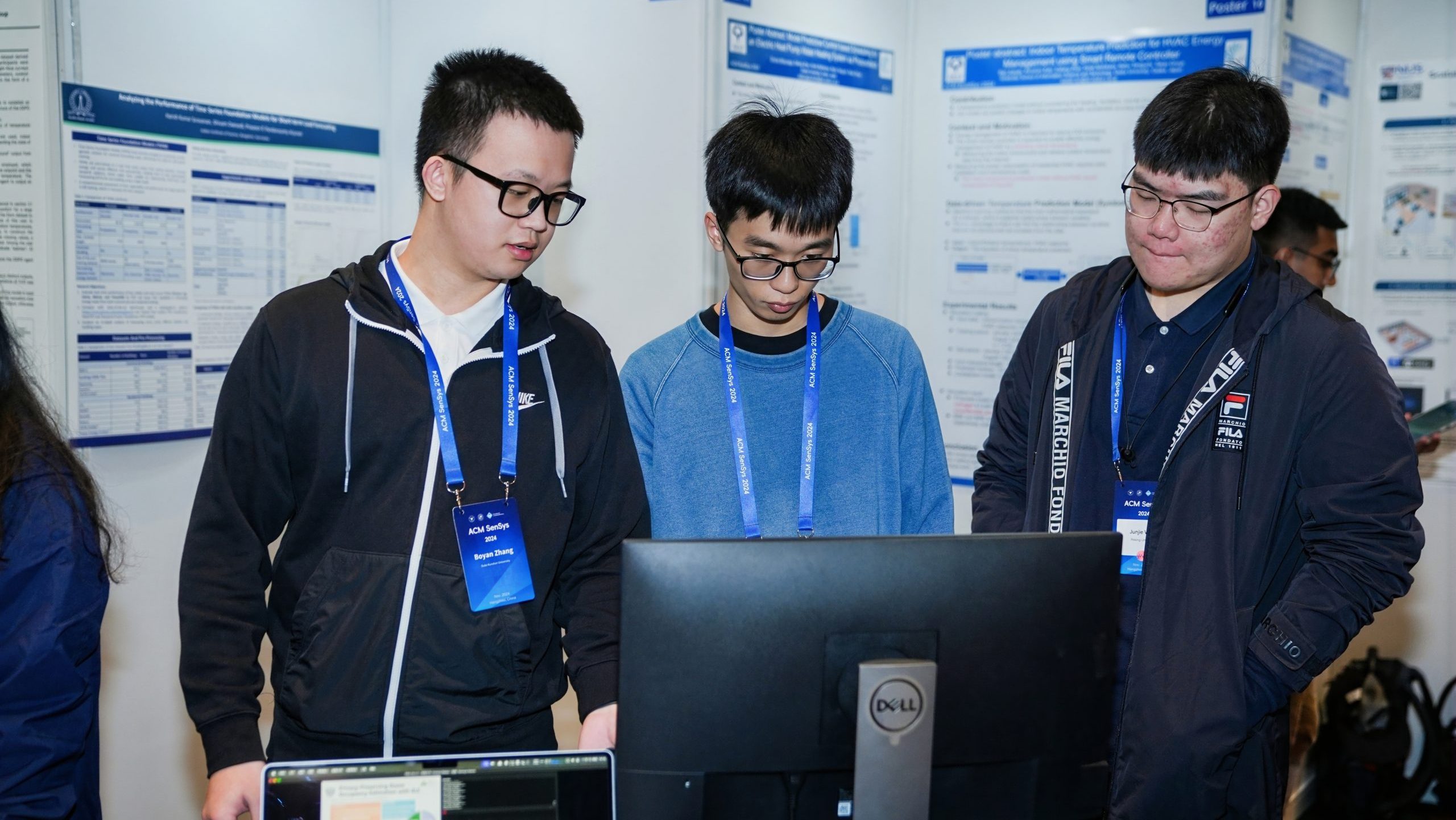On a bright spring weekend, the green spaces by the Dayu Bay were dotted with a variety of tents and canopies. Of course, people didn’t forget to bring their beloved pets, occasionally petting them affectionately, sharing the rare expanse of nature.
However, between the soft fur of the small animals, invisible viruses are also waiting for the opportunity to erupt. Zoonotic diseases are not unfamiliar to people; almost everyone knows the importance of rabies vaccine. But more similar viruses are neither as obvious as rabies symptoms nor lack corresponding epidemiological research. Currently, China still lacks systematic disease monitoring for companion animals, but foreign research has confirmed that pets are contagious to each other, especially respiratory system-related diseases, which are not uncommon. Sharing living spaces with animals further increases the likelihood of infection and the appearance of symptoms.
Unfortunately, existing diagnostic methods are not yet able to quickly and accurately detect these “small patients.” A study in Switzerland on Feline Calicivirus (FCV) and Feline Herpesvirus (FHV-1) showed that even after complex testing procedures, less than half of the infected animals tested positive. This is a significant challenge for pet hospitals and clinics aiming to control pet-to-pet transmission. The need to develop a new point-of-care testing method for veterinarians to quickly and effectively diagnose diseases has become urgent.
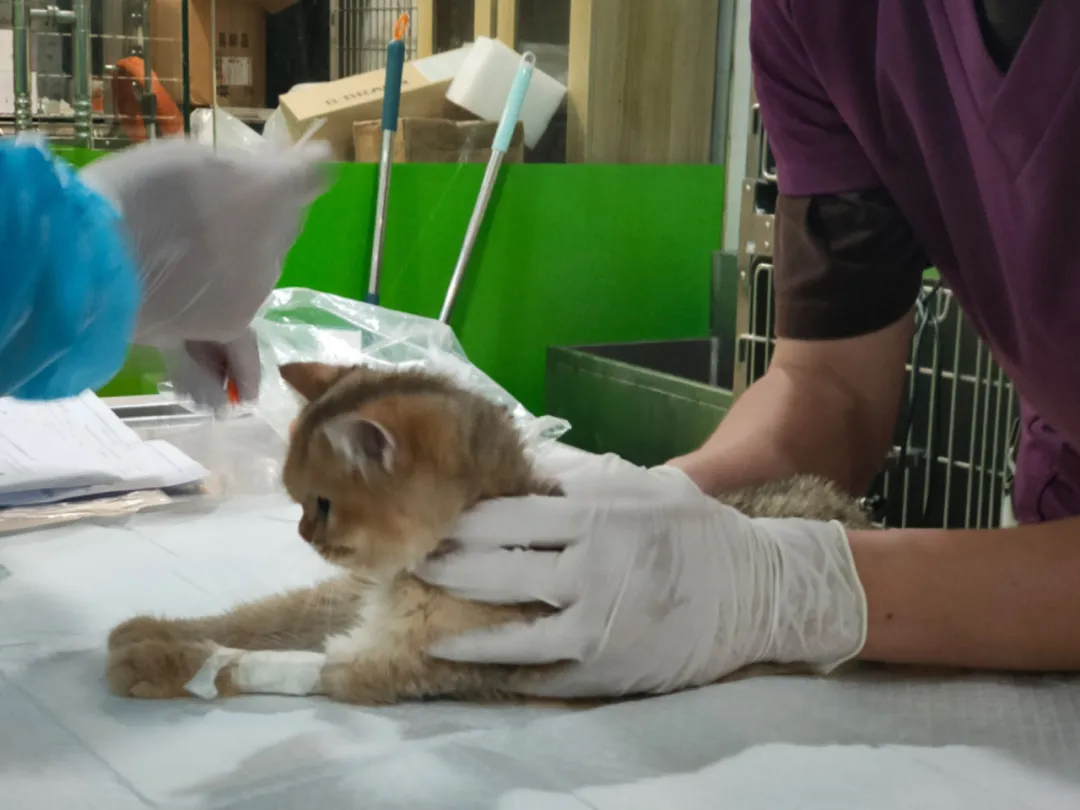
Semin Kim, an undergraduate student majoring in molecular biology from South Korea in the class of 2024, is not only a “furry” enthusiast but also has a strong interest in virus detection and transmission issues. After choosing cellular biology as her major, her research experience with Dr. Sajid Umar, Assistant Professor of Global Health and Deputy Director of the One Health Research Laboratory at DKU, and her summer research at Tianjin University gave her rich laboratory experience, further fueling her desire to conduct her own field research on viruses. The funding and freedom provided by her advisor were the biggest support for her ambitious idea.
For the research topic, Semin has her own ideas. It goes without saying that she is interested in the research topic, and a direction that is in line with the scientific research level of undergraduate students and can get evaluable results within a limited time is more important. This is also the reason why she finally chose to focus on this research. Respiratory diseases caused by viruses are very common in pets, making it not too difficult to collect samples, and the technical difficulty and workload of determining and sequencing the genetic information of the virus are also lower compared to other types. Although there has been no survey of this kind of virus in the area near Shanghai, there are similar evidence-based studies in Beijing and Hangzhou, which also allows them to examine and compare their own research results more confidently.
Work is steadily progressing both on and off campus. On campus, the team members spend their free time in the lab testing pathogens and sequencing viral genetic information. Outside the campus, they visited every pet hospital and clinic in Kunshan and Taicang. As the students get further and further away from the school, more and more points of location appear on the map. Their communication with the clinic is becoming more and more proficient, and the work in the laboratory is also proceeding in an orderly manner.
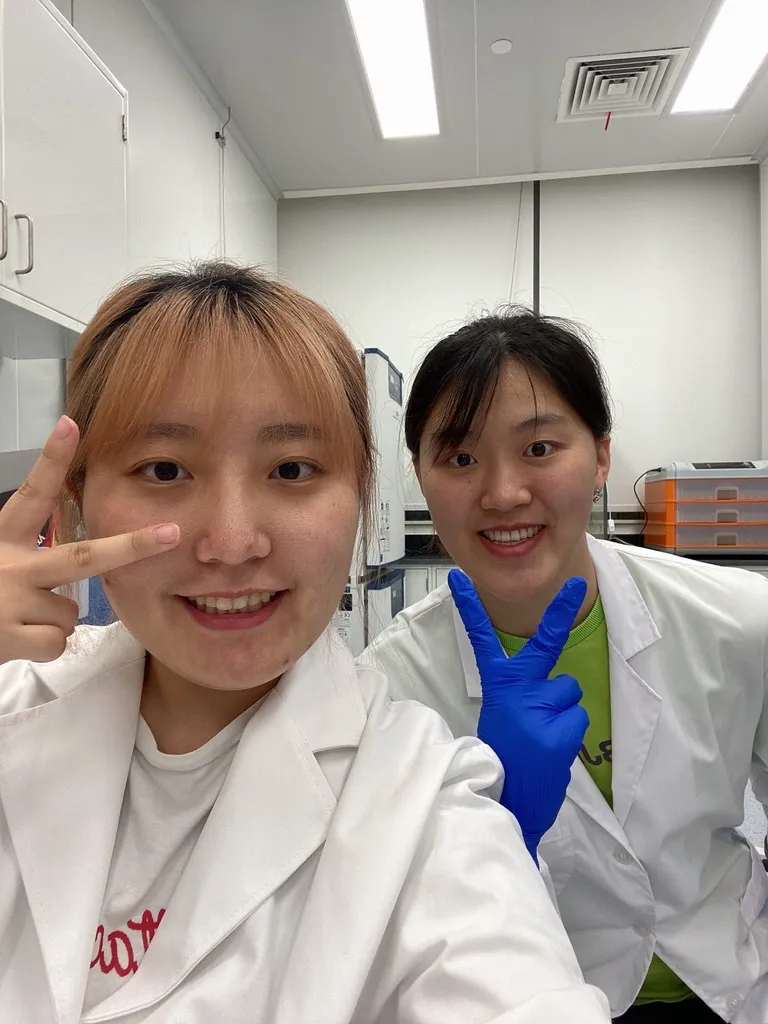
Yixi and Semin in the lab (2022 Summer)
However, things didn’t go as smoothly as expected. The biggest uncertainty was undoubtedly the cooperating pet hospitals. Despite the team providing detailed instructions and training on sample collection methods to each hospital, unforeseen problems still arose. Some clinics wanted the team to help them research other types of viruses instead of the one they had selected; some clinics couldn’t provide enough test samples at the agreed follow-up time; and many others lost contact during a visit, rendering previous testing efforts futile. More urgent than the reduction of testing locations was the increased costs brought on by these unexpected issues. The funding initially provided by the professor was barely enough, and now the unplanned experiments have made it imperative for the team to seek new financial support.
By chance, Semin learned about the opportunity to apply for the Dachuang Project by DKU Innovation Incubator (Dii). After communicating with Professor Liqi Ren, the Associate Director for DKU Innovation and Entrepreneurship Initiative, she found that not only was Professor Liqi Ren a pet lover with several cats at home, but she also highly recognized the value of their ongoing project. “If you are confident in your project, why not try to apply?”
In the end, they successfully applied for funding from Dii, which significantly improved their financial situation. One of the team members, Zhenkun Fang, said, “At first, my teammates and I never thought our research could become part of an innovation and entrepreneurship project, but the addition of Dii funding allowed us to purchase more mice for experiments, invite new pet clinics to join the study, buy vaccines for the control group, and distribute materials needed for sample collection.”
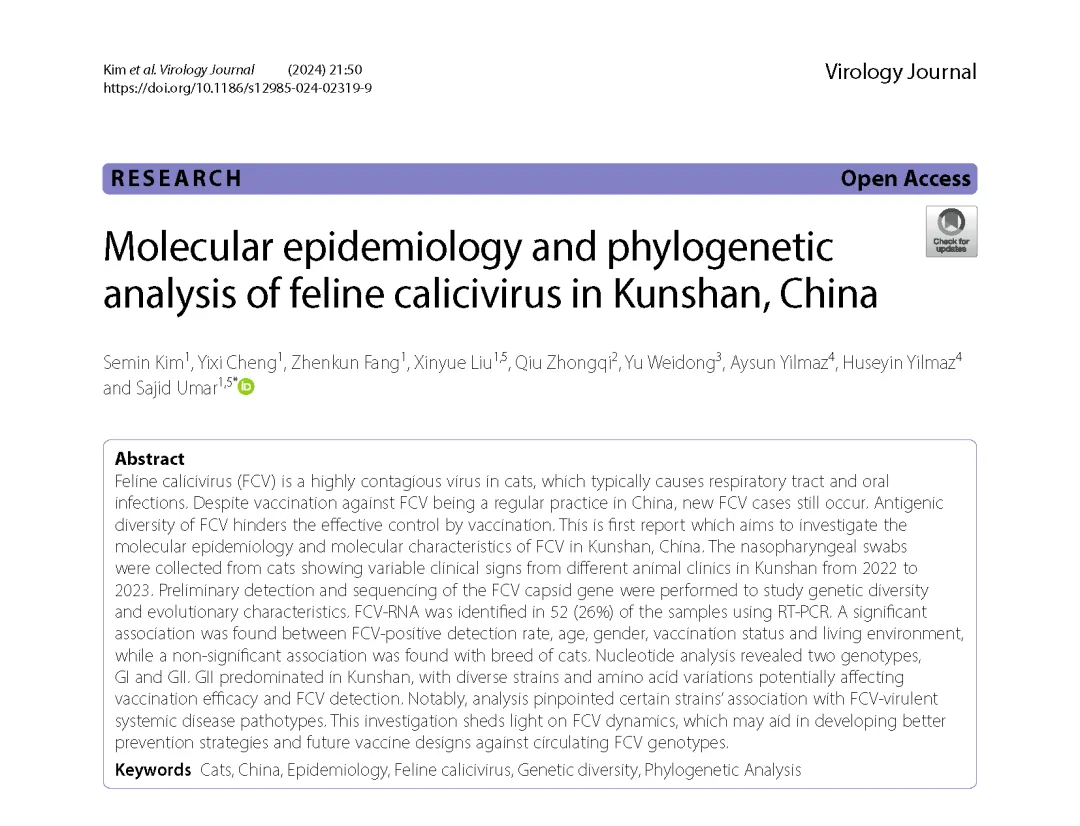
The seeds sown in the spring of 2022 have finally borne fruit this year. Their research paper, “Molecular epidemiology and phylogenetic analysis of feline calicivirus in Kunshan, China” was published in the BMC Virology Journal. After years of hard work and countless days and nights in the lab, their efforts have successfully provided a more efficient method for virus analysis and filled the gap in related research in the Kunshan area, just as they had anticipated.
When reflecting on their project experience, the team members almost unanimously mentioned one phrase: “Accumulation leads to success.” “You can’t just choose an ideal research topic out of thin air,” they said. Extensive research and careful selection seem to be the most reasonable approach to undergraduate research, in their view.
As the project comes to an end, the three team members are about to graduate and continue their studies or research. Interestingly, the other two members, Zhenkun Fang and Yixi Cheng, did not choose graduate programs directly related to the research project, but they still greatly value the time they spent “immersed” in the lab. Yixi, who is about to pursue further studies in biochemistry, said, “Even though my future research may not involve ‘wet lab’ work as often, the experience of explaining and negotiating with different people is undoubtedly one of the most memorable parts of my undergraduate experience. The meticulous lab work and the real-world interactions both form essential parts of biological research, and they have made me more confident in choosing different research paths.”

